Research
Oxford is world-famous for research excellence and home to some of the most talented people from across the globe. Our work helps the lives of millions, solving real-world problems through a huge network of partnerships and collaborations. The breadth and interdisciplinary nature of our research sparks imaginative and inventive insights and solutions.

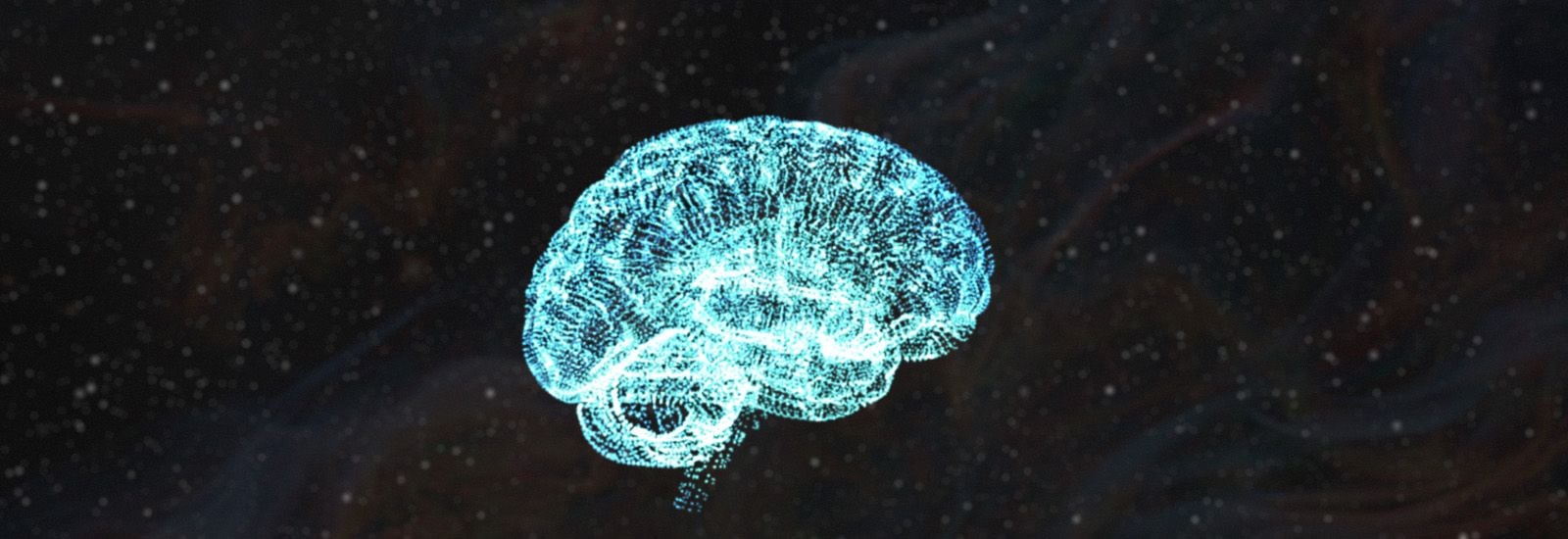
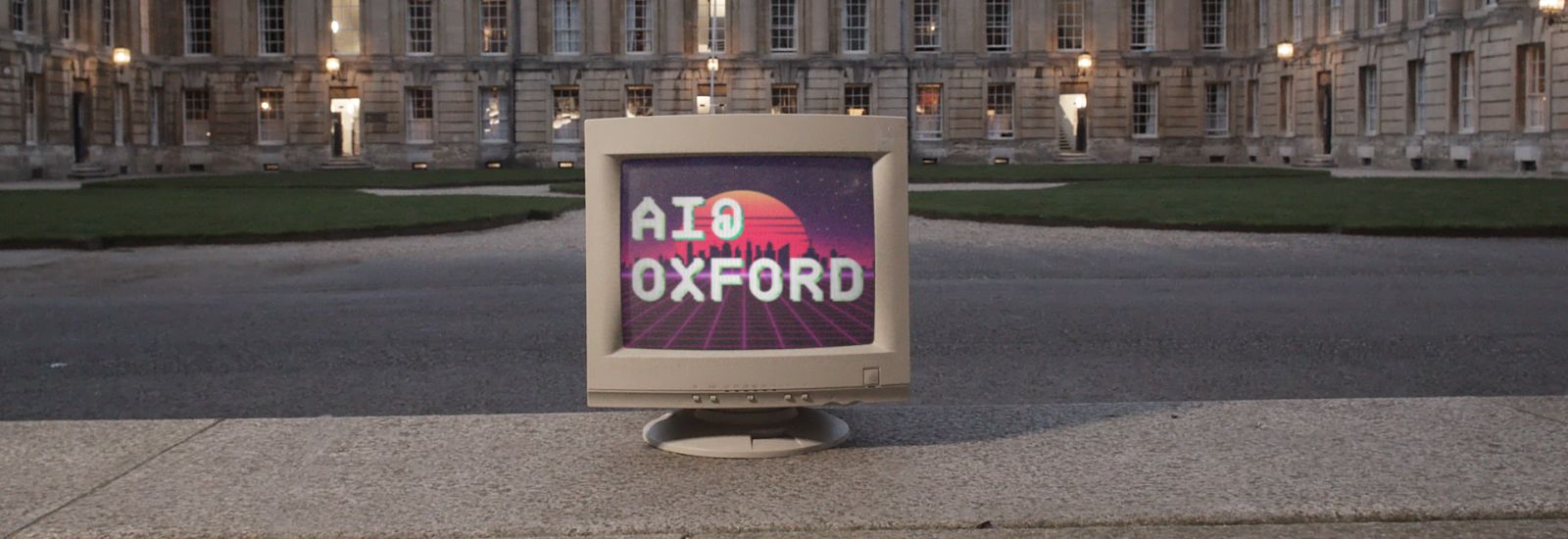

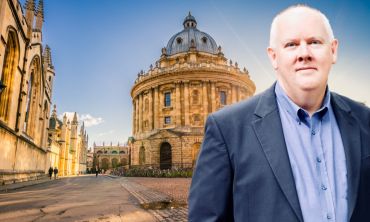
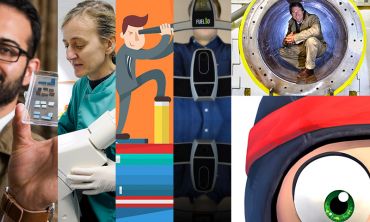


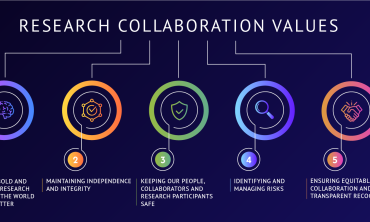
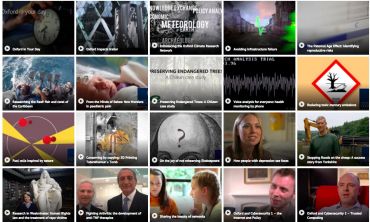
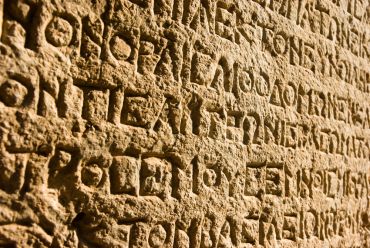


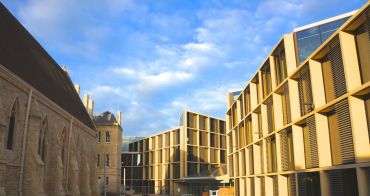
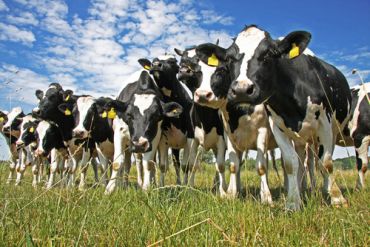


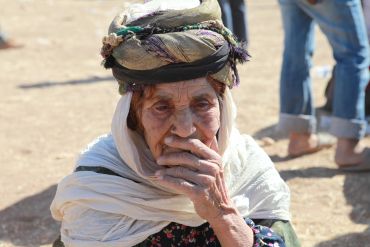
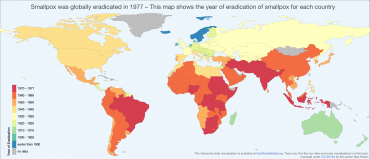
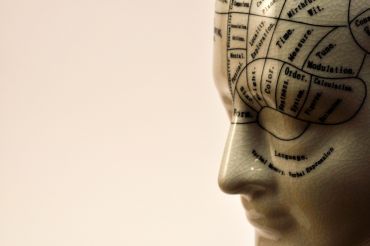


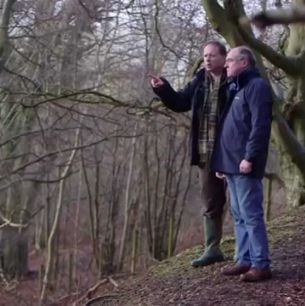
![The surprising uses of silk [Annual Review 2013-2014]](https://www.ox.ac.uk/sites/files/oxford/styles/ow_thumbnail_discover/s3/media-youtube/RS-cjTkuX9w.jpg?itok=vi7QRzrQ)
![Tackling the Shame of Poverty [Annual Review 2013-2014]](https://www.ox.ac.uk/sites/files/oxford/styles/ow_thumbnail_discover/s3/media-youtube/8ip7qAflBBA.jpg?itok=yJAKd-3R)

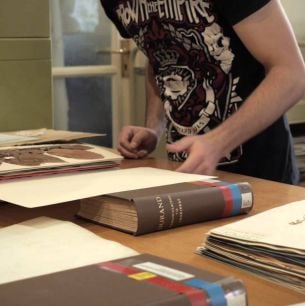

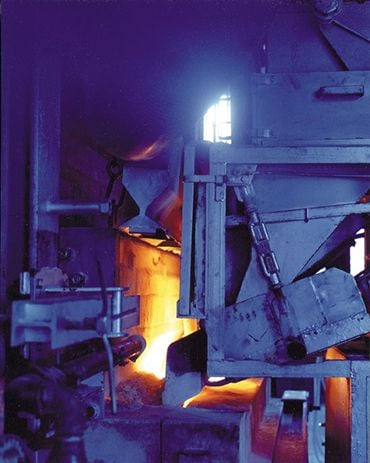
 Oxford unmasks the fraudsters behind the forgeries for April Fakes Day 2025
Oxford unmasks the fraudsters behind the forgeries for April Fakes Day 2025
 Oxford launches first human aerosol TB challenge trial
Oxford launches first human aerosol TB challenge trial
 Rees Centre report reveals challenges faced by Black and Asian kinship carers
Rees Centre report reveals challenges faced by Black and Asian kinship carers

